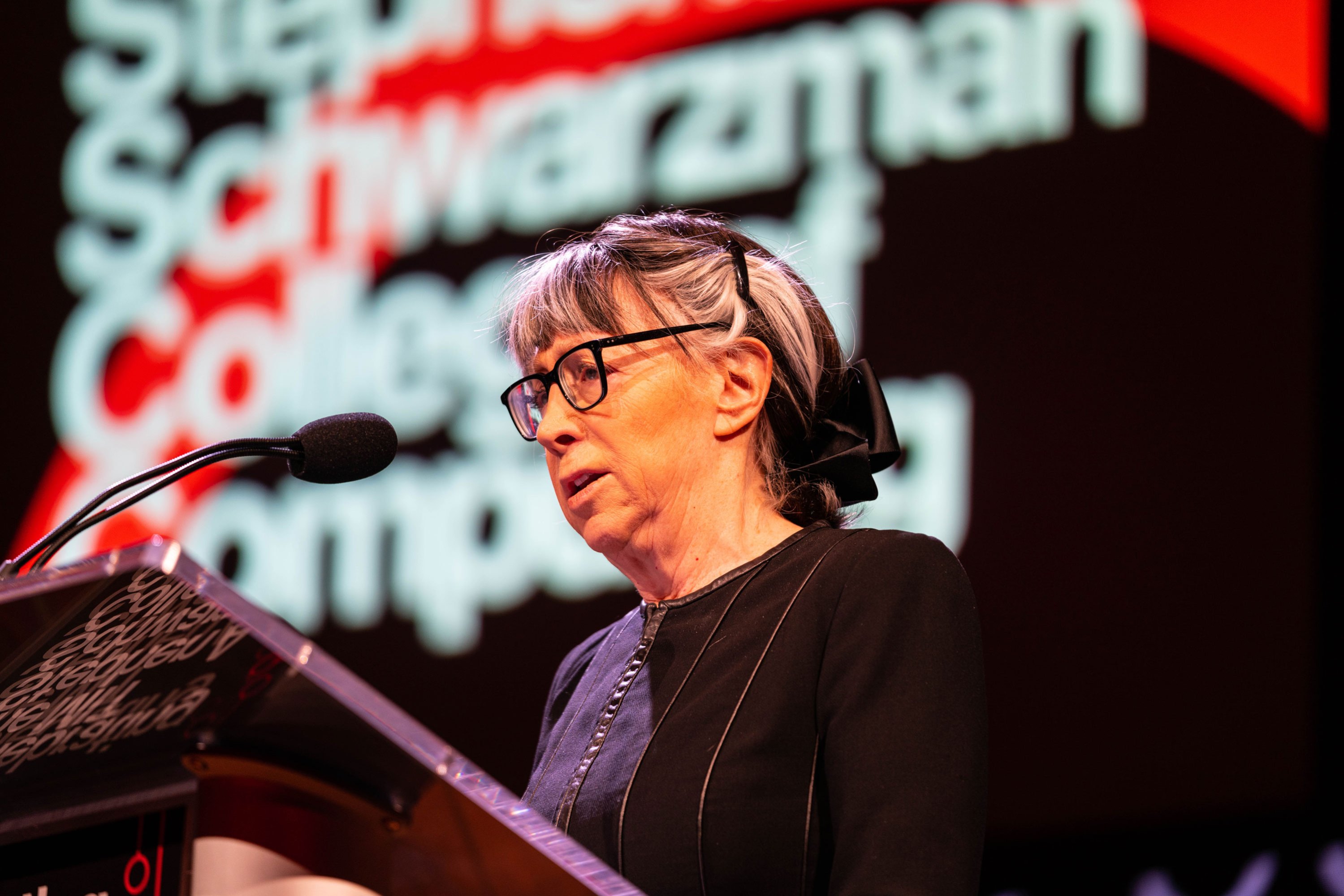Democracy endangered
How the internet became a threat to democracy—and how MIT’s new College of Computing can help.
Today, more people than ever before in human history enjoy the rights and privileges of citizenship—the ability to participate in self-governance.
Yet the internet, search platforms, and social media—the very same technologies that join people across the globe in more widespread connections—also represent the most significant and disruptive threats to our democracies since the founding of the modern democratic state.
We live in a world where time and space, people and things, are organized in a radically new way. Vast temporal, spatial, and cultural distances are bridged; social organizations based on similarity and proximity have been transformed into connections among very different and very distant people. The quantity and pace of social interactions have increased geometrically. The everyday lives of most people in most social classes all over the globe are filled with more encounters, of shorter duration, and over greater distances than ever before. This is life on the internet.
This story is only available to subscribers.
Don’t settle for half the story.
Get paywall-free access to technology news for the here and now.
Subscribe now
Already a subscriber?
Sign in
Amid this escalating, energetic circulation of information and comment, threats to democratic citizenship take root.
We do not simply use the internet—to shop, find information, or keep track of appointments and friends. With every click, search, and view, we provide the information for algorithms to analyze and platform companies to sell. We supply the inputs—the raw materials of what is now a world of constant digitized surveillance. We, the users, are ourselves used.
New and largely uncontested forms of power have been concentrated in a handful of firms that extract personal information in unexpected and often hidden ways. Techniques for monitoring, personalization, and customization are contractually permitted and regularly improved. Layered on top of that are continuous experimentation, commodification, and control.
The internet now freely distributes more information than has ever circulated in human history. At the same time, as the circulation of knowledge advances, the threats to expertise and truth escalate, challenging democratic norms and the centuries-long evolution of democratic citizenship.
How did this happen?
First, the inventors of the internet overlooked the essential role of context in shaping the uses and consequences of technology. A tool made for physicists to exchange data on a platform built for the military was given to the world. Designed for a cohesive and highly disciplined community, it was distributed to a world ungoverned by shared norms of participation.
A second mistake was generalizing from personal experience: “This is such a good technology for us, it will be good for everyone.” By seeing themselves as everyman, the inventors ignored human variation. They forgot to user-test with diverse populations.
Finally, the inventors demonstrated canonical groupthink: talking and listening to a narrow set of like-minded people, excluding unfamiliar, perhaps even critical, perspectives.
So what do we do now?
Observers have suggested some possible fixes. Our colleague Tim Berners-Lee is working on his “Solid” platform to re-decentralize the web. Others suggest legal regulation and information fiduciaries. Some mention ethics boards for the major internet platforms and social media.
Here is the great opportunity of the MIT Stephen A. Schwarzman College of Computing: to pursue all those lines of exploration and much more we have yet to imagine.
More profoundly, the college of computing will be dedicated to educating a different kind of technologist, one who understands the importance of context, culture, and its variations—a technologist with the ability to understand institutions and organizations, and thus less likely to make these kinds of mistakes.
We hope to integrate computing with just about every other subject at MIT so that students leave here with the knowledge and resources to be wiser, more ethically and technologically competent citizens and professionals.
